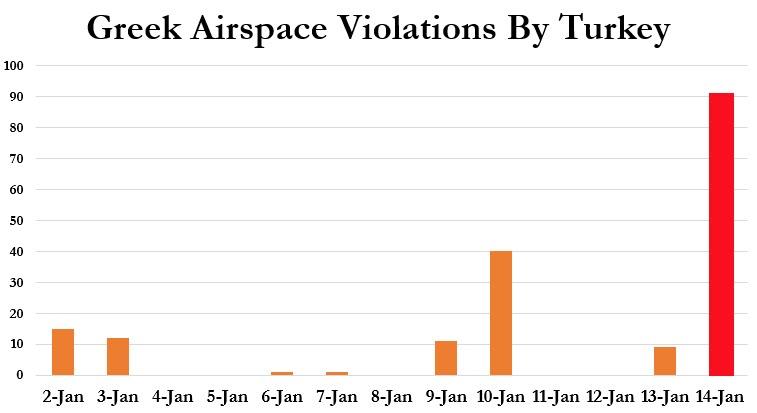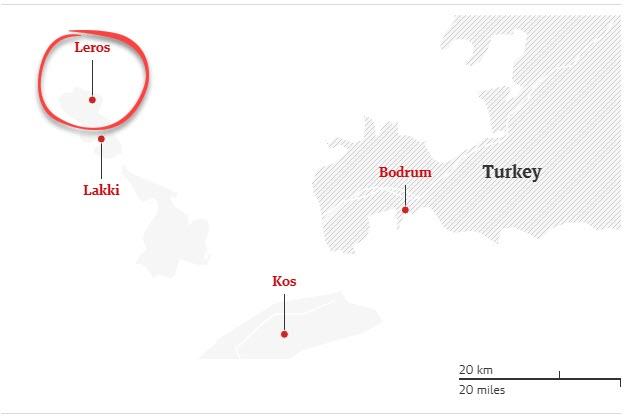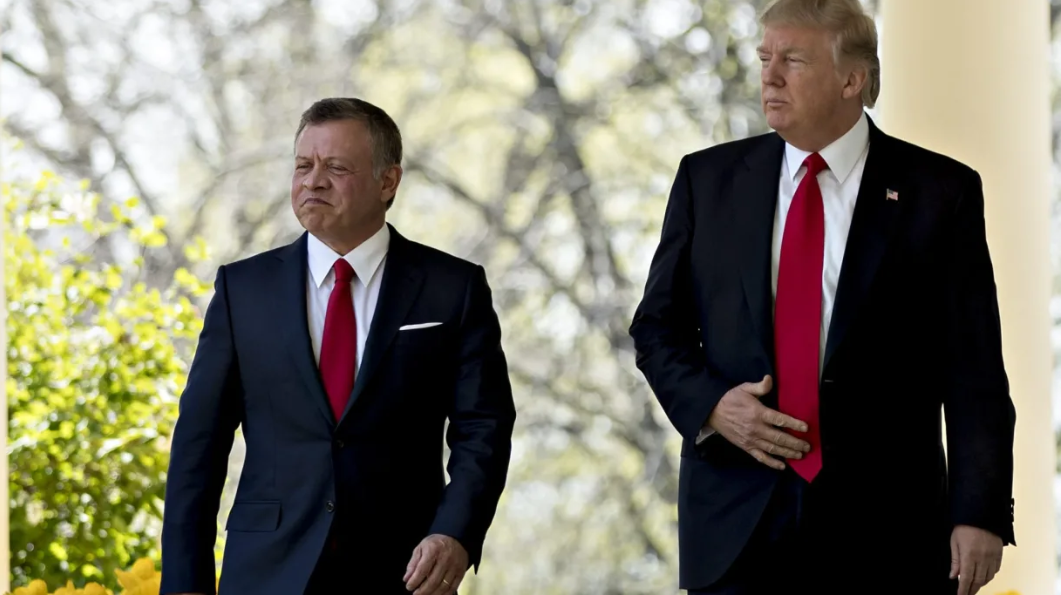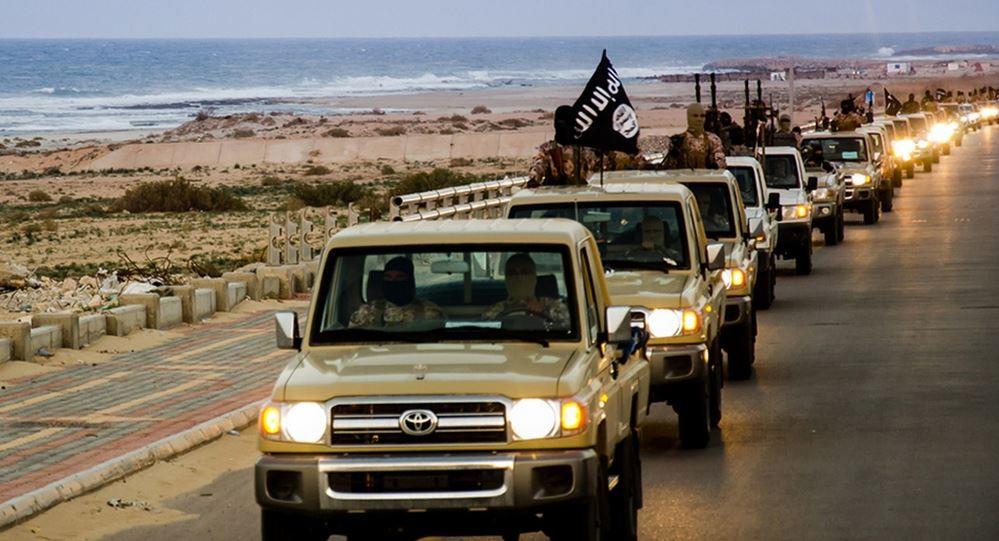In releasing a proposal to pay for single-payer—the fully government-financed health care system she calls Medicare for All—Sen. Elizabeth Warren (D–Mass.) faced two challenges. The first was to produce a plan that did not raise taxes on the middle class. The second was to produce a plan that was simple to understand and easy to explain. As one anonymous outside adviser told The Washington Post, her campaign “want[ed] to figure out—with one go—how to stop the ‘How are you going to pay for it?’ question.”
As it turned out, she failed on both counts.
Warren’s plan, released at the beginning of November, starts with the fact that employers spend about $9 trillion a decade on health insurance for their workers. She aims to move the private spending onto the federal budget, transforming it into government spending. Under her proposal, large employers who currently pay for health coverage would be required to pay a comparable amount, equivalent to 98 percent of what they now spend, adjusted for the number of workers they employ, in order to help finance Medicare for All.
Warren claims “we don’t need to raise taxes on the middle class by one penny to finance Medicare for All.” Instead, she refers to this as an “employer Medicare contribution” under which companies “would send payments to the federal government for Medicare.”
But there is a commonly accepted term for requiring companies to send payments to the federal government in order to finance government programs. That word is tax. Her plan is thus a nearly $9 trillion tax on employers, charged on a per-worker basis, with exceptions for small businesses. That would inevitably end up affecting employees’ compensation. It is hard to see this as anything other than a massive middle-class tax hike.
Warren has argued that total costs for middle-class families would go down under her plan, but there are reasons to doubt this, including an analysis from Emory University health care economist Kenneth Thorpe finding that under Medicare for All, more than 70 percent of people who currently have private insurance would see costs increase. A separate analysis from the liberal Urban Institute projects that single-payer plans would raise national health care spending by $7 trillion over a decade, contrary to Warren’s estimates.
Other outside experts, meanwhile, have suggested that Warren’s plan will cost more than she anticipates and raise less revenue. In an analysis of the fiscal effects of Warren’s plan, Avik Roy, president of the Foundation for Research on Equal Opportunity, estimates that she would end up increasing deficits by about $15 trillion over a decade.
That’s because Warren doesn’t account for the likely economic ripple effects her plan would almost certainly cause; instead, she assumes that even with an array of new taxes and fees on businesses and wealthy individuals, economic growth would continue without change. Corporate tax rates would go from 21 percent to 35 percent, which, as Roy notes, “would have a meaningful [negative] effect on employment and economic growth, especially in the manufacturing sector and other capital-intensive industries.” This allows her to claim far more tax revenue than is realistic.
In addition, Warren assumes that by moving nearly all of America’s health care financing to the federal government, administrative costs—the overhead that supports the actual delivery of care—can be cut down to levels that few independent experts believe possible. Warren also calls for paying hospitals 110 percent of today’s Medicare rates, reducing the cost of her plan by a little more than $4.2 trillion relative to other projections. Yet faced with political pressure from hospitals, which are typically paid much higher average rates due to private insurance, state-based programs in blue states like Washington and Maryland have ended up paying far higher amounts.
For Warren, however, realism is clearly not the point. She released her plan after months of pressure to explain precisely how she would finance the tens of trillions in new government spending that even the cheapest, most implausibly efficient version of a full-fledged single-payer system would require. Just as World War I generals used wooden tanks to fool enemy infantry, Warren has enlisted a legion of implausible savings mechanisms and unworkable tax hikes, hoping to look convincing from afar.
Warren did not come up with a plan to pay for Medicare for All. Instead, she concocted a $52 trillion package of fanciful assumptions and unworkable reforms, and figured out how to pay for that.
from Latest – Reason.com https://ift.tt/2szBWMU
via IFTTT











